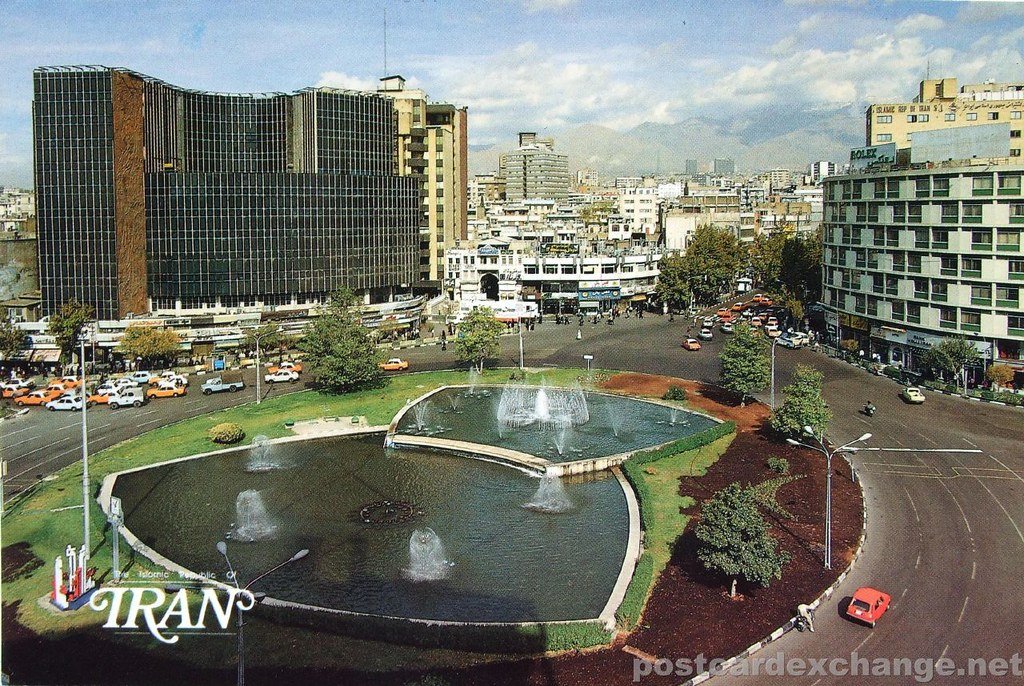As global political tides continue to shift and national security remains paramount for many nations, sanctions, as tools of diplomacy and foreign policy, often reflect the ever-changing dynamics of international relationships. One such nation consistently at the center of these dynamics is Iran. On a recent Friday, the United Kingdom announced that it was making several adjustments to its Iran sanctions list. This move was echoed by a similar action from the United States.
The UK’s Decision: A Closer Look
The United Kingdom’s foreign policy decisions, especially when it comes to sanctions, are closely observed by the global community. This recent move indicates the UK’s continuous effort to exert influence and express its stance on the issues concerning Iran.
The New Designations
Britain’s decision to add five new designations to its Iran sanctions list has brought into focus four individuals and one commercial entity. While the specific reasons behind each designation were not detailed in the initial announcement, historically, such sanctions stem from concerns related to nuclear proliferation, human rights violations, or ties to entities believed to be involved in acts of terror or undermining regional stability.
Implications for the Targeted
For the four individuals and the commercial entity now on the UK’s sanctions list, this designation means they will likely face travel restrictions, asset freezes, and other punitive measures. Such designations often hamper the ability of those listed to engage in international business or to maintain financial ties with institutions in sanctioned countries.
Moreover, being added to such a list often carries a reputational cost. It sends a clear message to the global community about the perceived actions or intentions of those listed. This can make forging international partnerships or securing business deals more challenging.
The United States’ Move
Almost in tandem with the UK’s announcement, the United States made its intentions clear by updating its sanctions on several Iranian officials. The exact details were made available via a notice on the U.S. Department of Treasury website.
The Context of US Sanctions
The relationship between the United States and Iran has been turbulent for decades. Sanctions have been a primary tool in the US’s approach to Iran, especially in response to nuclear ambitions, support for militant groups, and alleged human rights abuses.
With the latest update, the United States signals its continuous monitoring of Iran’s activities and the country’s commitment to ensuring that its policies reflect the prevailing concerns and geopolitical realities.
Effect of the Sanctions
Just as with the UK’s sanctions, those targeted by the US will face various challenges. Beyond the immediate financial and travel restrictions, these sanctions can isolate Iran further on the global stage. They may deter other countries or international companies from engaging with Iran or with those specifically listed under the sanctions. Such isolation can have ripple effects on the Iranian economy, its global trade relations, and its foreign policy initiatives.
The Bigger Picture
Global Implications
Sanctions from powerful nations like the UK and the US have a ripple effect on the global scene. Many nations and multinational corporations tend to align their policies with these powerhouses either out of alliances, treaties, or mere economic considerations.
This collective pressure could lead Iran to reconsider some of its actions or policies that have caused concerns in the West. However, there’s also the possibility of pushback. Iran might strengthen ties with nations that are not aligned with the West or seek alternative routes to maintain its global standing.
The Future of Diplomacy
The addition and updating of sanctions are as much a diplomatic move as they are economic or security measures. They underscore the importance of dialogue and negotiations in international relations. While the immediate intent might be punitive, the long-term goal often leans towards bringing the sanctioned nation to the negotiation table to discuss pressing issues.
However, critics argue that sanctions, while effective in signaling displeasure, may not always lead to the desired change in policy or behavior. They can sometimes exacerbate tensions and deepen divides, making diplomatic resolutions more challenging.
In Conclusion
The recent actions by the UK and the US highlight the intricate web of international relations and the complexity of dealing with a nation like Iran. These sanctions, while immediately impactful for the individuals and entities listed, also serve as symbols of larger geopolitical strategies and intents.
It remains to be seen how Iran will respond to these designations and what the broader implications will be on the global stage. As nations continue to adjust their foreign policies, the balance between diplomacy, sanctions, and open dialogue will be crucial in shaping the future of international relationships.
Read More:
